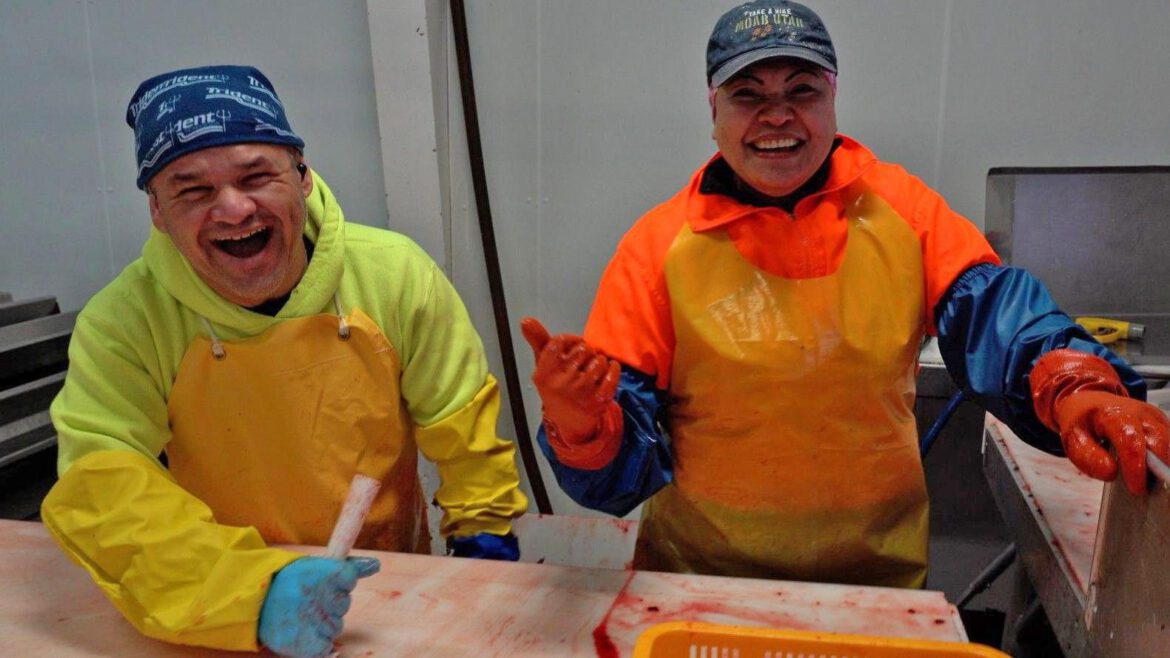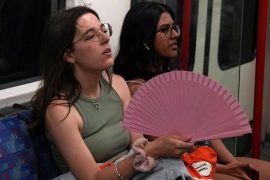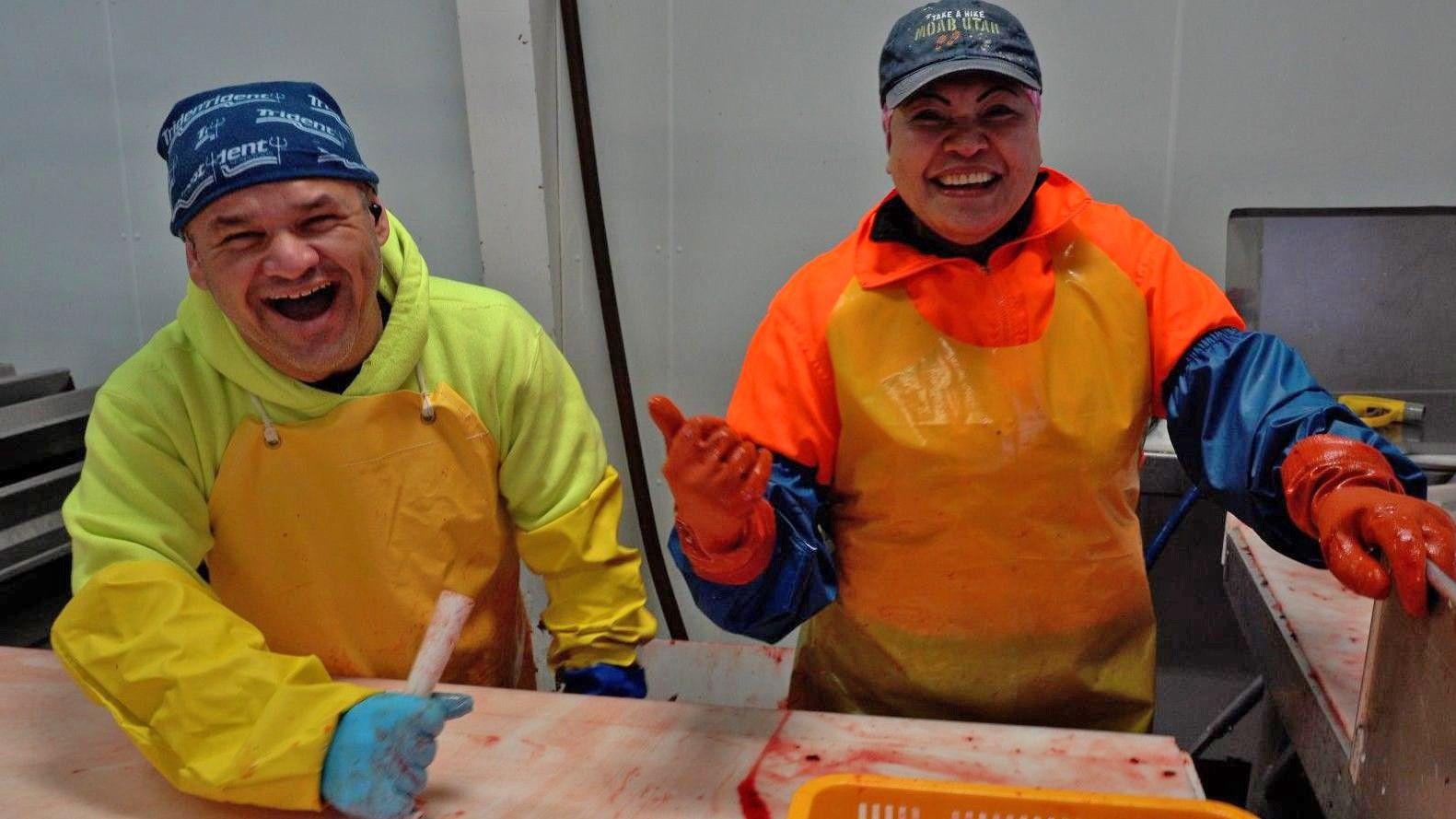
Immigration na major issue for di upcoming US presidential election, wit both Kamala Harris and Donald Trump dey pledge to crack down on di number of pipo wey dey cross di Mexican border. But e get one Republican state wey dey do im best to attract more migrants.
Na lunchtime for dis fish processing plant for Cordova, one small, isolated fishing town by di delta of di Copper River, for di Gulf of Alaska.
But rather dan American cuisine, na tacos and tortillas wey dey on di menu for di workforce, most of wey be Mexican. Dey, like oda migrants wey travel thousands of miles to work for Alaska fish processing factories each year, dey drawn by di prospect to earn far more dan dey fit at home.
“Last year, I bin make net $27,000 inside four months,” Edgar Vega García tok – e dey far above di average household income for Mexico, wey be $16,269 per year, according to di OECD.
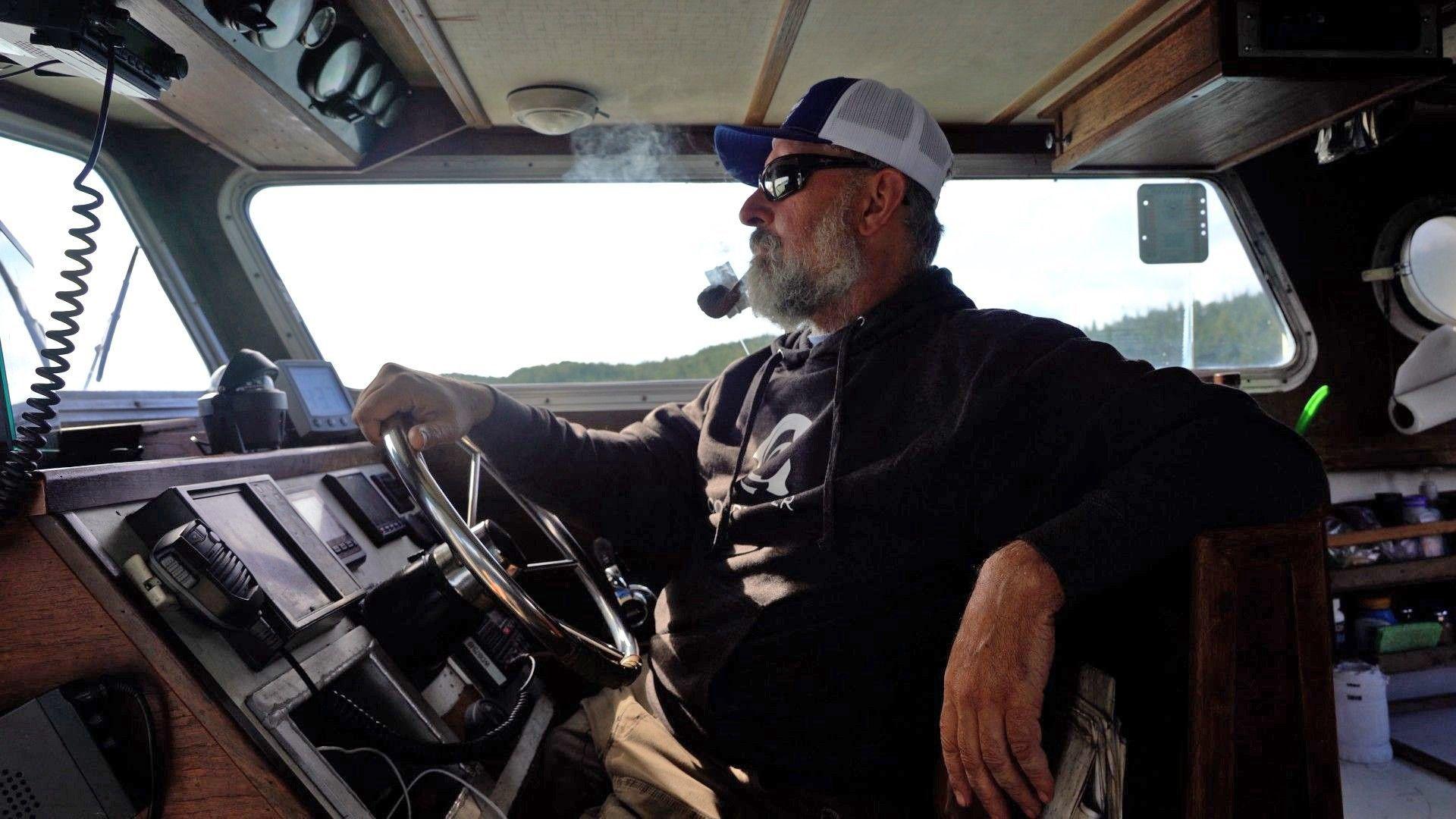
For much of di year Cordova experience one combination of below-zero temperatures, heavy rain or snow, as well as one phenomenon wey dem dey call polar night wia di sun no dey rise for two months.
But for summer, wen di cold reduce and di days bright, locals go head out to fish for di famous wild Alaskan salmon and oda fish we dey live for di Copper River and im biodiverse estuary.
Dem dey race to catch as much as dem fit for di time wey dem get, ignite one fishing hustle wey dey key to di town, wia over half of di jobs na for di fishing industry.
But in order to process, package and sell di fish, companies dey seek manpower from abroad.
Some 80% of workers for Alaska sea food industry na non-resident, according to di state labour department.
While non-resident include workers from oda US states, most of those wey dey work for Cordova na migrants from oda kontries, including Ukraine, Peru, Turkey, di Philippines and, above all, Mexico.
Dey draw dem by pay and working conditions wey often far beta pass di one wey dem go find back home. One fish processor dey earn $18.06 per hour, rise to $27.09 for overtime (Alaskan law mandate 50% increase for overtime pay, wey dey common for dat kind intensive and seasonal activity).
And employers usually provide free accommodation and three meals per day for di duration of di contract, allow workers to save almost all of dia money.
E dey help say na little dey to spend your money on for Cordova. No movie theatres or shopping malls, and on di days wen di weather dey keep dem from fishing – wey dey happun often – di fishermen drink and play pool for di town only bar – one place wit London pub vibe dat, for some reason no local remember, get im sign hanging upside down.
Companies dey also cover travel expenses – important to reach one location as remote as Cordova, wey dey accessible only by aircraft and boat.
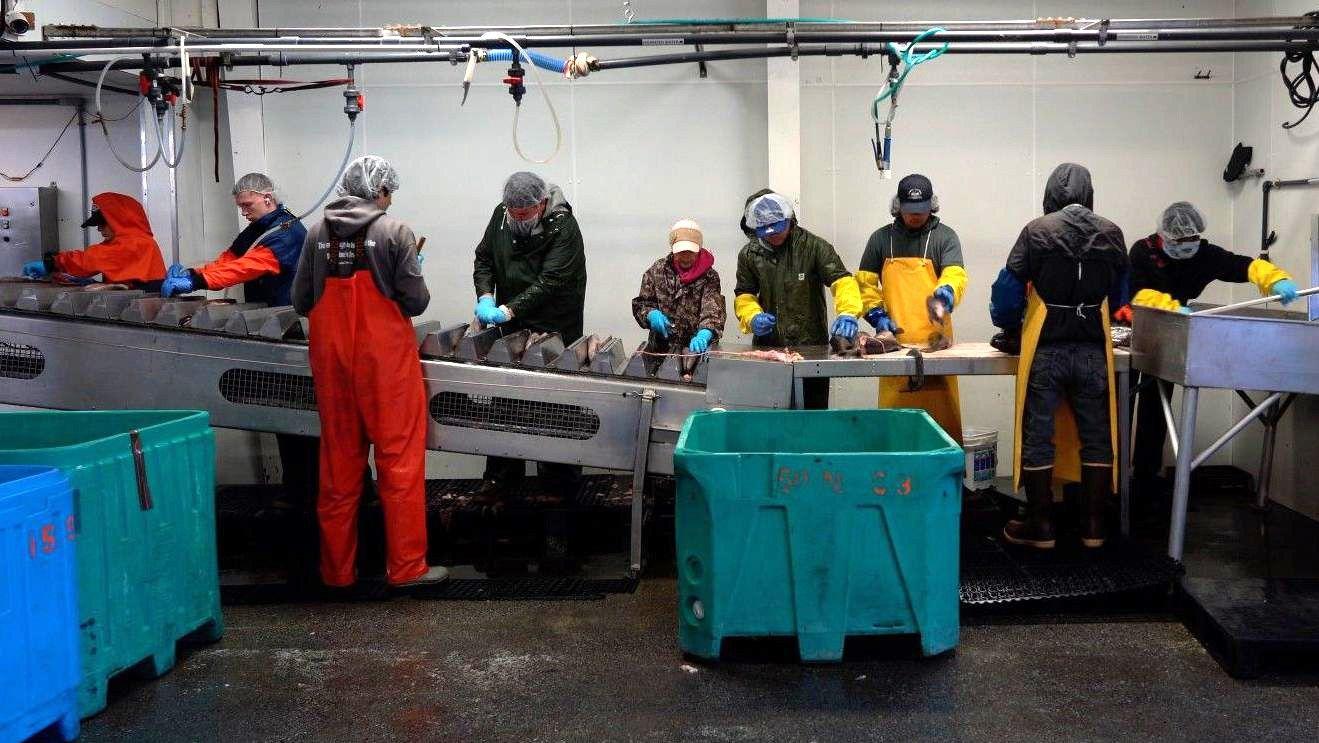
Di living conditions no dey ghen ghen. Here for di plant for Cordova, workers sleep for bunk beds, four to one room, for one converted shipping container, wia dey need fit dia summer belongings into one small locker.
And di work dey hard. Shifts often dey start for morning and last 18 hours or more, as workers rush to process thousands of kilograms of fish per day.
To work on conveyor belt, Edgar skilfully dey wield two knives to remove di spine, blood, and oda innards from each fish.
E dey do dis wit speed, make sure dem arrive for di oda end of di conveyor belt clean and ready to dey weighed and packaged by oda workers.
Afta a while, di smell of fish and di damp sticks to workers skin and clothes, but Edgar dey work happily.
Wit im Alaska earnings, e go dey able to live comfortably for di rest of di year for Mexicali, one border city for di Mexican state of Baja California, wia im four children dey wait for am.
“Di money I earn hia worth double for Mexicali,” e tok.
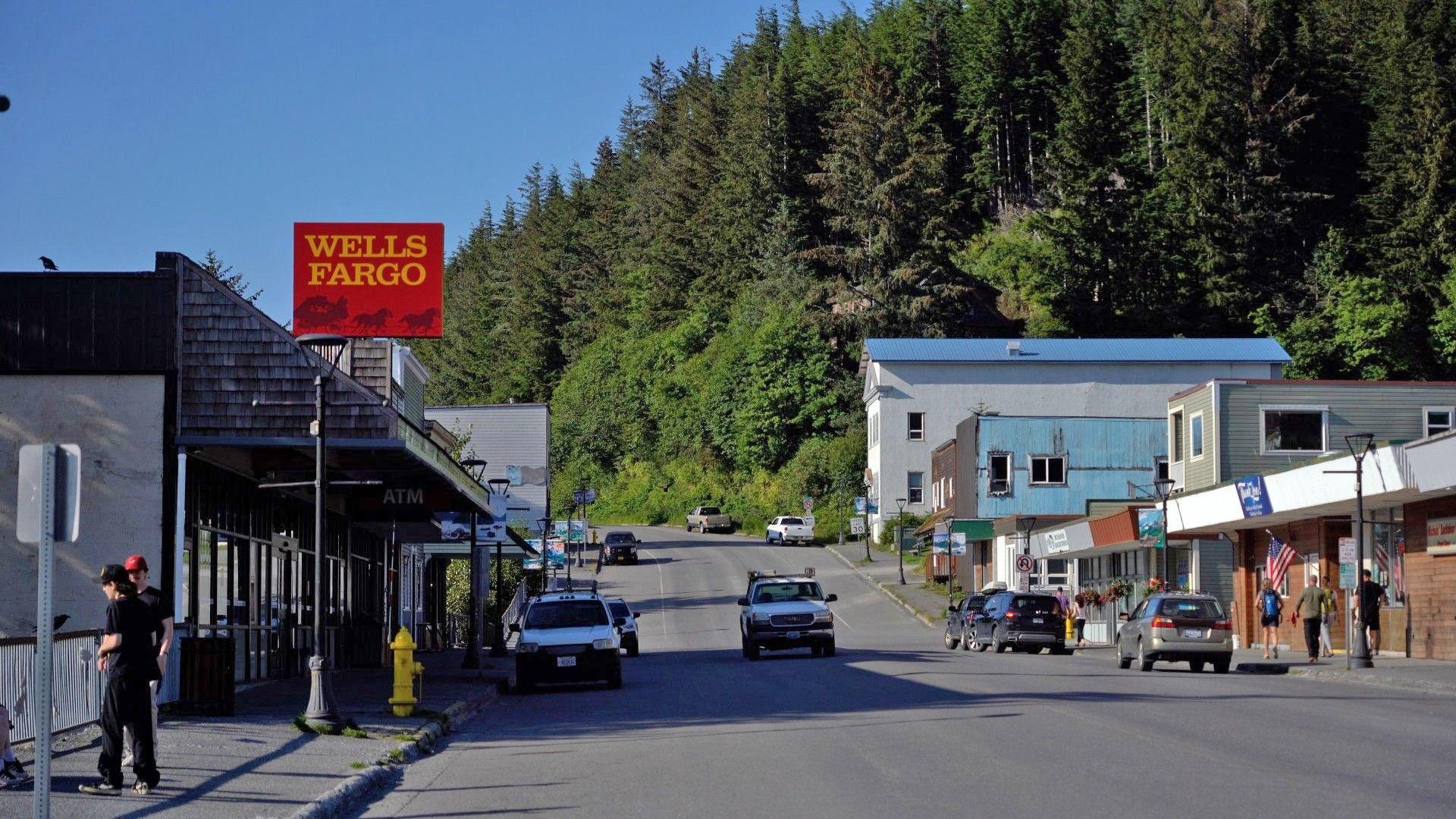
Fishing na big business for Alaska.
Di state fish and seafood industry dey produce 2,268 tonnes of fish annually, more dan half of di total for di United States, according to di University of Alaska-Fairbanks.
Large corporations like Ocean Beauty Seafoods and Trident process dey catche in hundreds of plants wey scatter across regions of Alaska like Bristol Bay, Valdez, and di Copper River delta.
Such na di need for foreign labour for di industry, say for 2023 di US goment begin approve big increase for temporary visas for migrant workers for Alaska. For 2022, di number of visas dey capped for 66,000 but for both 2023 and 2024 say number bin rise to around 130,000.
Rich Wheeler, wey dey run di small fish processing plant for Cordova wia Edgar bin don dey work dis year, North 60 Seafoods, say e use to have problems wit some American staff wey dey take drugs, have unjustified absences and fighting.
Di Mexicans, e say, don give im business much-needed stability.
“I no think we fit don make am without di Mexicans. Dem dey always land on time for work, and I know say I fit count on dem to work hard and professionally every day.”
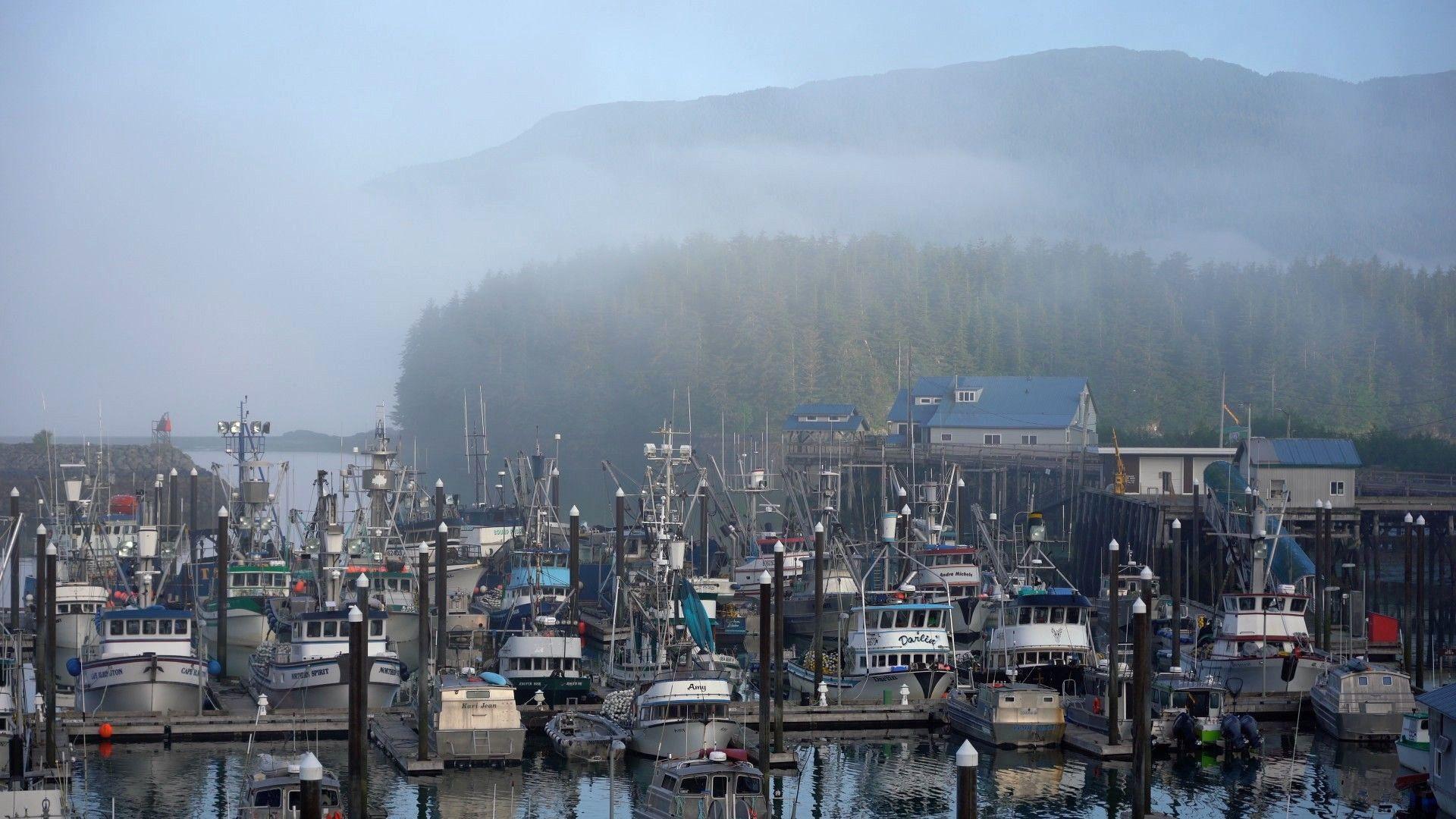
For many migrant workers, di biggest challenge of working in Alaska na to leave loved ones behind for so long. Rosa Vega, Edgar mama, don dey make di yearly trip to Alaska for 18 years.
Di 67-year-old dey worry about her own elderly mama back in Mexico.
Inside di shared common room, Rosa dey try to call her by phone.
“She dey very old, and lately, she don dey ask me not to come,” Rosa tok.
Dis season don dey particularly challenging – two days bifor her scheduled return home to Mexicali, Rosa bin learn say her mama get stroke and dey hospital.
“She be 87. I know say she fit pass any day and I fit dey Alaska wen di time come.”
But, at di same time, na di money Rosa dey earn for Alaska wey mean say she fit afford to pay for her mama medical treatment.
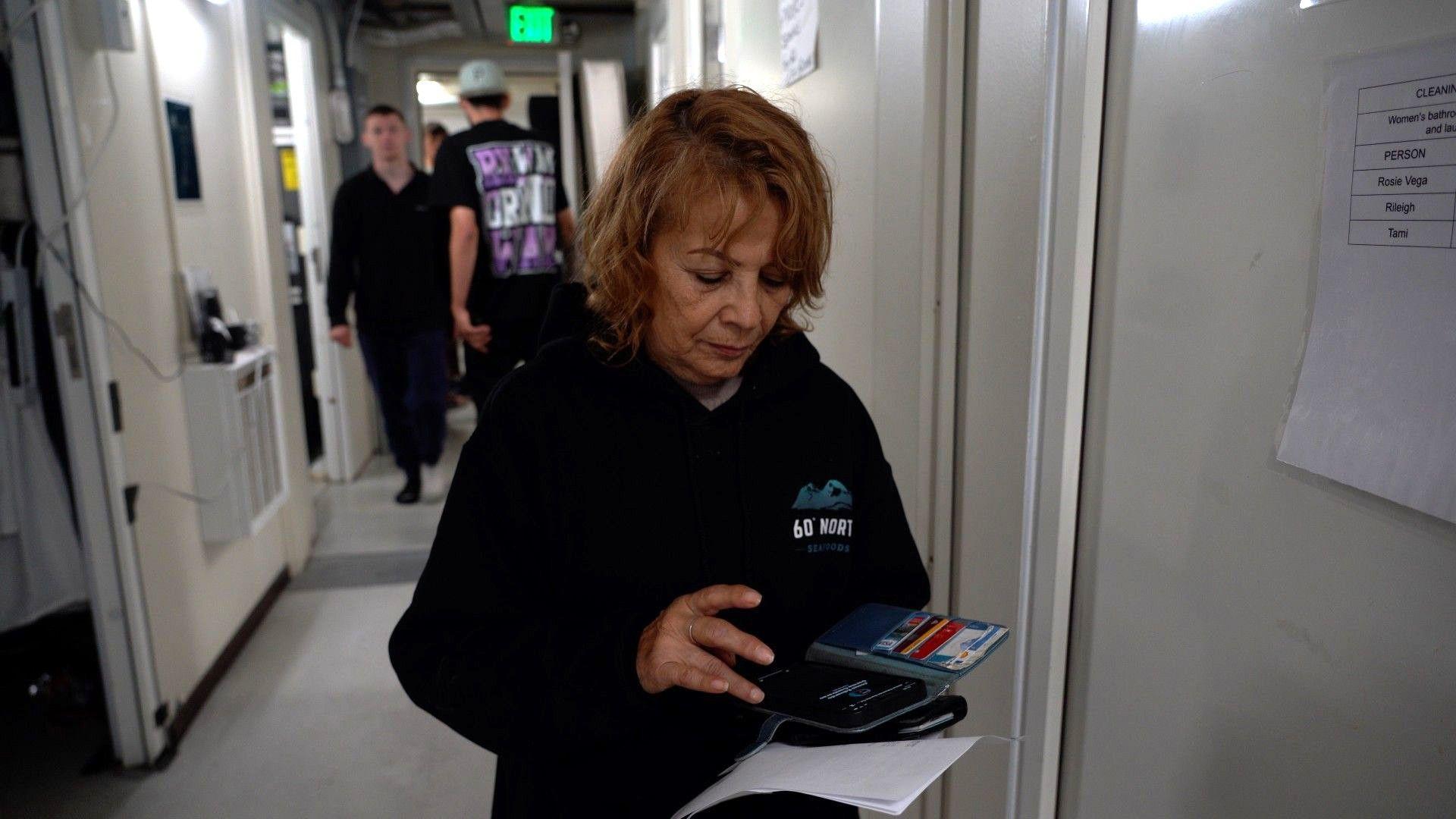
For di upcoming US presidential election, Donald Trump don warn of one “invasion” of illegal immigrants wey dey come take jobs from Americans, while Kamala Harris don pledge to secure di border and fix di “broken” immigration system.
For Cordova, di influx of workers over di summer months dey cause di city normal population of less dan 3,000 to triple.
But di city mayor, David Allison, say dem see migrants here as one key helping hand for di local economy, rather dan threat to jobs.
For years e bin work for di canneries and sabi from experience say “if you place ad for one Alaska newspaper say you need 250 workers, you no fit get more dan 20 applications”.
Without di work of migrants, di catch of locals go quickly rot and dey worthless, Allison point out.
“Di fish no dey get processed if hands no dey to do am, and if no be for fishing, dis go probably be one ghost town,” e tok.

